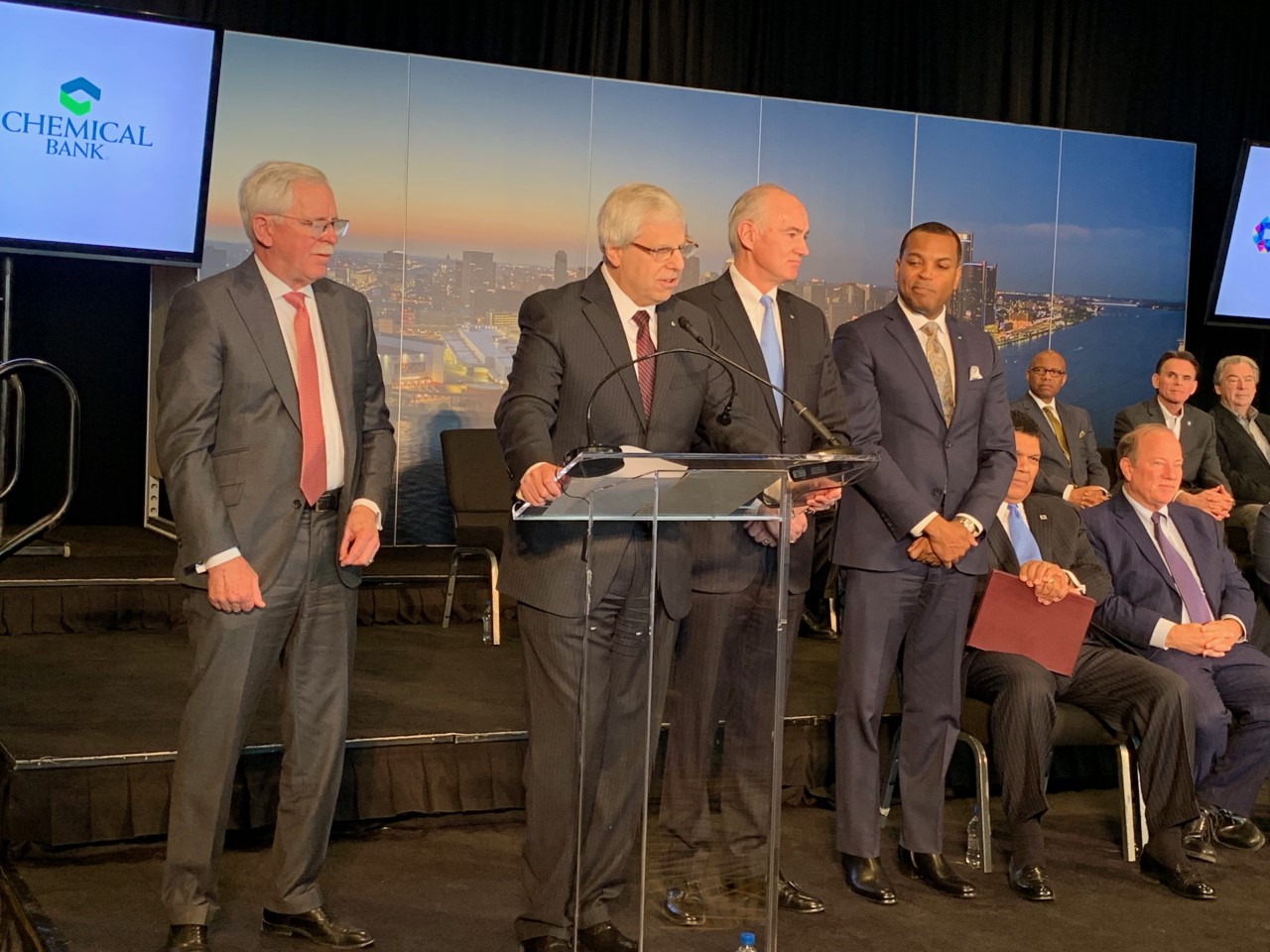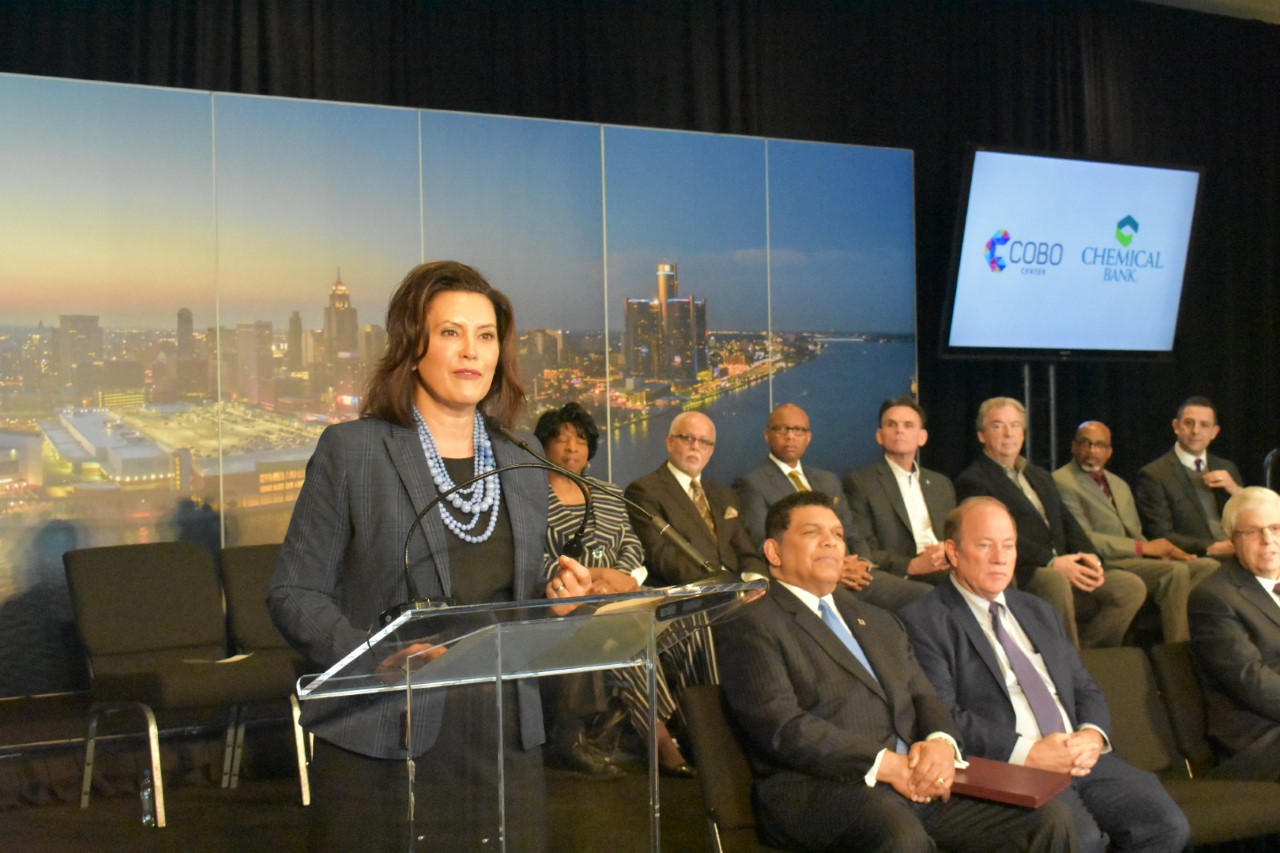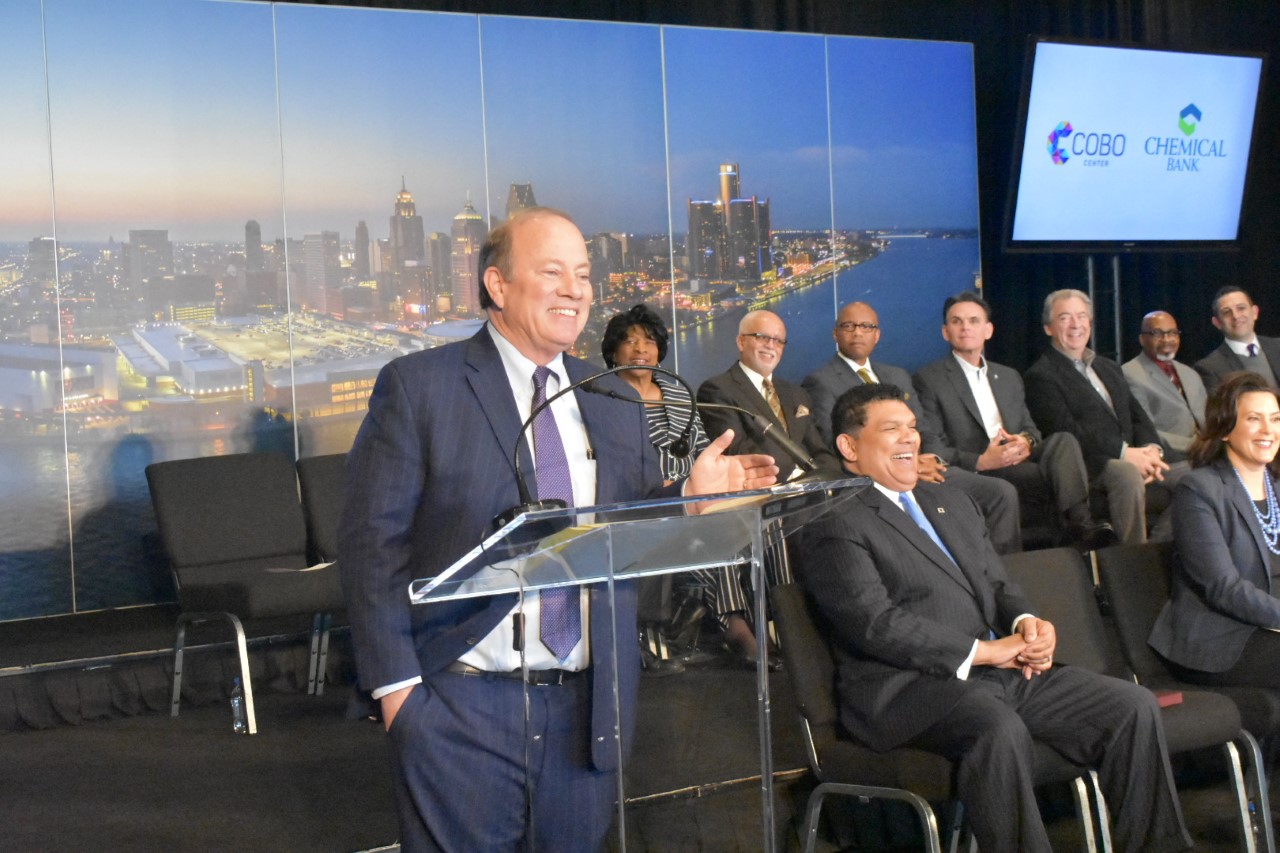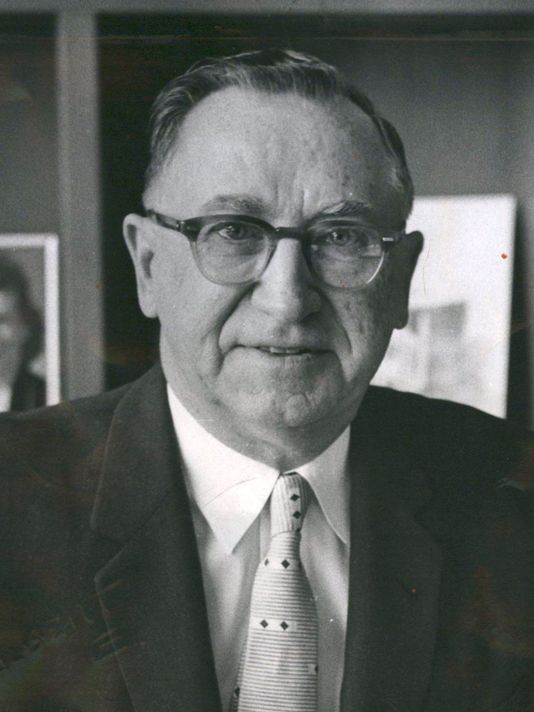The Detroit NAACP is holding its 64th Annual Fight for Freedom Fund Dinner at the Cobo Convention Center May 5. The 110th NAACP National Convention will also be held at Cobo Center in July. But by the time those two events roll around, the Cobo Center will be no more, with Chemical Bank purchasing the naming rights to Cobo for $1.5 million annually for 22 years, an industry record. The new name will be announced by the end of 2019.
“This is a historic day,” said Detroit Branch NAACP president Wendell Anthony. “You can’t change everything, but you can some things. And I have been wanting and even urging that Cobo Center be renamed. This center being renamed and reclaimed in Black History Month is history.”
Chemical Bank, one of three competitors who presented naming plans to the Detroit Regional Convention Facility Authority (DRCFA) that operates Cobo, recently announced plans to merge with TCF Financial Corporation, a move that will create the 27th largest bank in the country. If the merger goes through, the convention center will bear the name of that new entity, TCF Center. If it does not, Cobo will become the Chemical Bank Center.

Dozens of city and state dignitaries attended the historic announcement in a room at Cobo Center overlooking the frozen riverfront, including Gov. Gretchen Whitmer, Mayor Mike Duggan, Chemical Financial Corporation Chairman Gary Torgow, Wayne County Executive Warren C. Evans, Macomb County Executive Mark Hackel, and First Independence Bank Chairman and CEO Kenneth Kelly, among others.
“We know the name that is coming off this building is synonymous with division,” said Gov. Whitmer during the announcement. “And right now, in our country and in our state, I know we have enough division. It’s time for us to move forward together, to build bridges, to do so in a way that ensures everyone has opportunity.
“That’s something that is happening here today. It’s not simply a name change of a building in the great city of Detroit. This is about the next chapter for Michigan, this is about opportunity for all, no matter who you are, and being inclusive in that.”
Larry Alexander, the chairman of the DRFCA, said, “We selected the best economy, the absolute best company, which is located right here in Detroit, Chemical Bank, which is the right fit for a true partnership.”

The bank’s investment further signals its commitment to the city of Detroit since Chemical Financial Corporation said it would move its headquarters from Midland to downtown Detroit last July.
“It’s an iconic center in Detroit and the region, the state, and the country,” Torgow said. “For us to be associated with our name and our company and our folks to be here, it’s just a great honor, and we look forward to continue doing the great things Larry Alexander and the regional authority have done.”
The merger would move the new TCF Bank’s base of operations from Minnesota, to the 20-story, $60 million building Chemical is designing at Elizabeth Street and Woodward Avenue. The combined company would hold $45 million in assets, making it one of the largest banks in the country.
The merger is expected to be completed in the third or fourth quarter of 2019, though convention center visitors can expect to see changes even sooner. Alexander said the Cobo sign on the building and the bust of the former mayor will be removed in the coming weeks. Digital signs around the center will display Cobo’s and Chemical’s logos in the meantime.
The authority hired firms in August 2017 to search for clients to buy the rights to name the center. An initial 20 companies from the region and nationally, including Rock Ventures and Quicken Loans Chairman and founder Dan Gilbert, were identified as possibilities, Alexander said. Eight held presentations before the authority.

Calls to remove Cobo’s name from the convention center increased as cities across the country began debating the fate of controversial statues in public places, including Detroit’s neighbor, Dearborn. A statue of former Mayor Orville Hubbard, who was not shy about keeping black people out of the city, was stored away for more than a year after leaders decided it did not belong outside a new City Hall.
Albert Cobo was born October 2, 1893 in Detroit. He attended Western High School and the Detroit Business Institute and was a businessman, running two confectionary stores. In 1918, he joined Burroughs Adding Machine Company, working his way up to an executive position. In the spring of 1933, when Detroit’s financial affairs were in perilous conditions due to the Great Depression, Burroughs “loaned” Cobo to the city for six months. He helped Detroit avert a bankruptcy and never returned to work for Burroughs. He was appointed Detroit City Treasurer in 1935.
Cobo served as City Treasurer of Detroit for seven terms before first running for the mayor’s office in 1949. He won, and was elected twice more, in 1951, and 1953. He ran on a platform of segregation, aiming to keep African-Americans from living in predominantly white neighborhoods.

The Republican businessman was heavily criticized for spearheading urban renewal projects that razed black neighborhoods, most notably Black Bottom, which was replaced with the I-375/I-75 freeways. He was condemned throughout his career by civil rights groups that accused him of moving too slowly in response to harassment and police brutality against the city’s black residents and for continuing the city’s longstanding housing segregation policy. Cobo was Detroit’s mayor until he unexpectedly died of a heart attack on September 12, 1957, while completing his final two-year term. He was 63.
“They can’t take the name off fast enough for me in terms of the history and the city of Detroit,” Evans said. “We had vibrant African-American neighborhoods in this city until Albert Cobo destroyed them and did it at a time when the rest of the city wasn’t receptive to black residents either.”
Cobo Hall first opened August 15, 1960. It was owned and operated by the city until 2009, when the regional authority was created and renamed Cobo Center. It was the home of the Detroit Pistons when they first moved to the city in 1957, the North American International Auto Show, the Detroit Public School League boys and girls basketball playoffs, and countless other events.
“The Cobo era was marked by the wiping out of African American neighborhoods in the name of urban renewal,” Mayor Duggan said. “I don’t believe our civic center with its name should be celebrated here.”